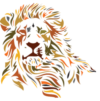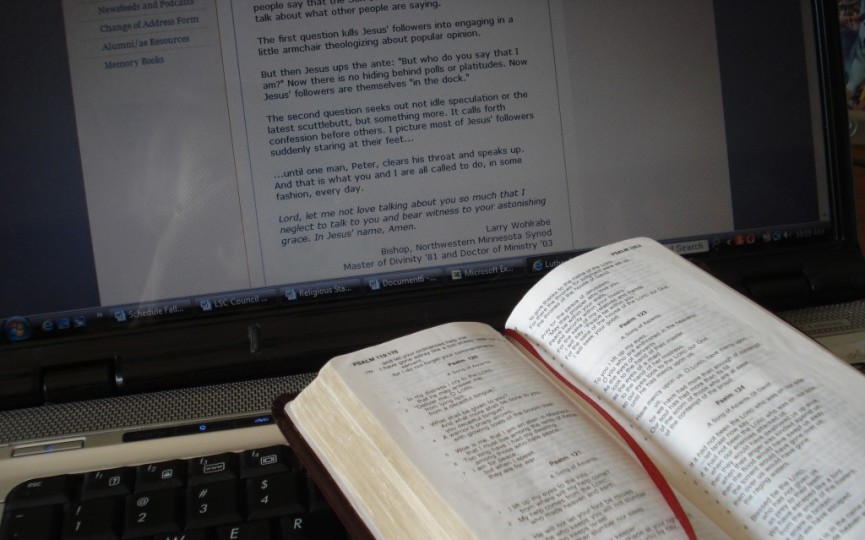John 13:1-5 NASB95
Now before the Feast of the Passover, Jesus knowing that His hour had come that He would depart out of this world to the Father, having loved His own who were in the world, He loved them to the end. [2] During supper, the devil having already put into the heart of Judas Iscariot, the son of Simon, to betray Him, [3] Jesus, knowing that the Father had given all things into His hands, and that He had come forth from God and was going back to God, [4] got up from supper, and laid aside His garments; and taking a towel, He girded Himself. [5] Then He poured water into the basin, and began to wash the Disciples’ Feet and to wipe them with the towel with which He was girded.
“He loved them to the end” can be translated “He loved them to the uttermost. The “them” that Jesus is referencing is His twelve disciples, including Judas. What does “uttermost” love look like? Obviously, Jesus went to the cross as the ultimate expression of loving to the uttermost, but the context here is that “uttermost love” looks like Jesus laying aside His garments and getting on His hands and knees and washing His disciples feet. On that same night, Jesus said to them, “You will all fall away because of me this night.” Only John stood with some of the women at the cross, but that was only after even he initially fled. The leader of the group, Peter, denied Jesus three times, and Judas betrayed him. It was the feet of these imperfect men that Jesus so transparently loved to the “uttermost.” How could Jesus strip down in such vulnerability and transparency? Jesus made human the truth about God, and the truth about God is that he loves us in all our imperfections with stunning vulnerability. Jesus doesn’t pout and protect Himself when we fail Him and betray His trust. Instead, in divine humility, the one who is love, comes to us again and again and washes our feet with cleansing grace. In so doing, He gives us room to practice righteousness. His humiliation frees us from ours and provokes our hearts to reward His love with love. We love because He first loved us, and the reciprocity of our love toward Him draws us into a realized union that frees us up to participate in Jesus making human the love of God through us by our being the body of Christ through which He washes the feet of the imperfect others in our lives.

